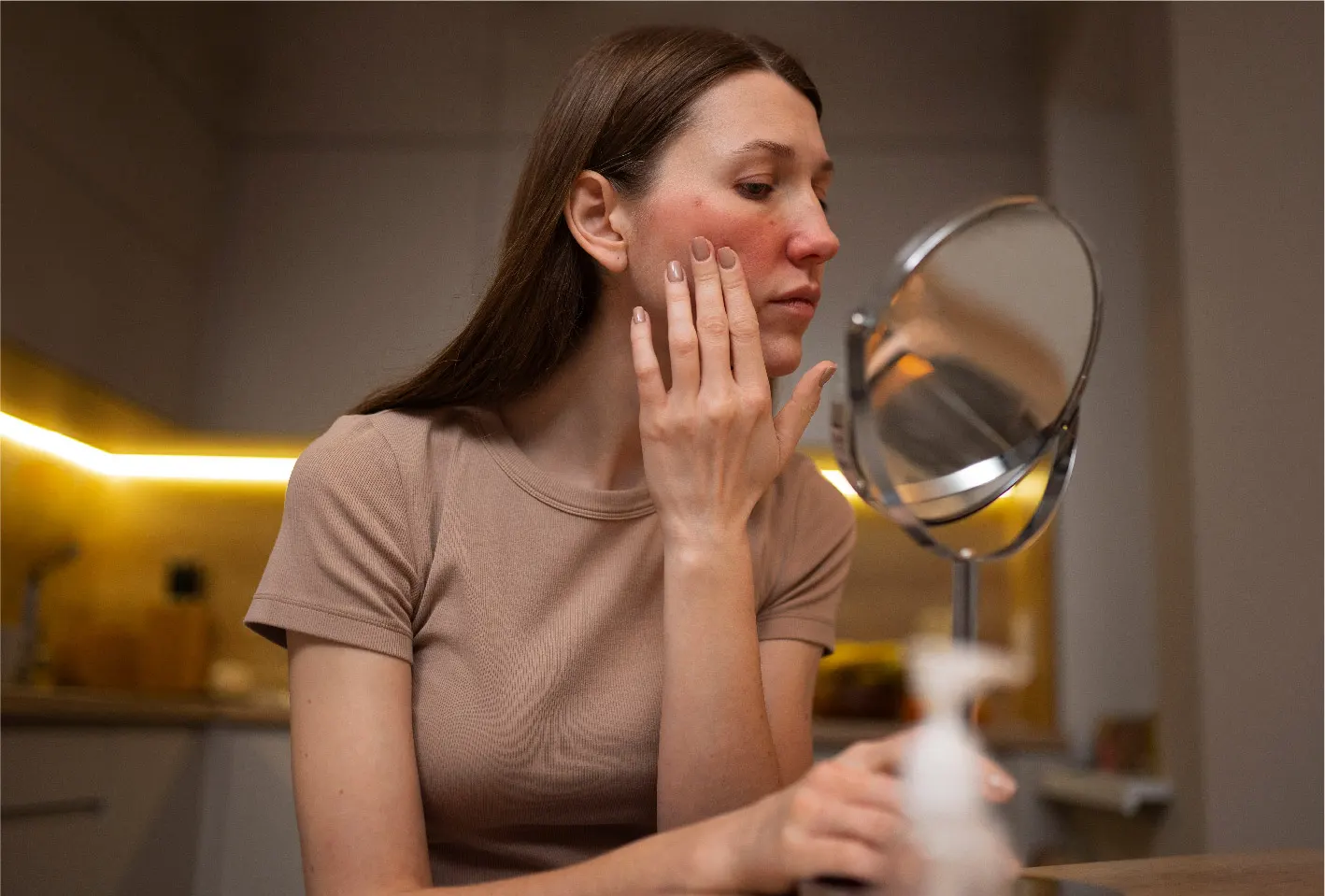- Home
- About Us
- Services
- Anxiety Disorder
- Panic Disorder
- Social Anxiety
- Dysthymia Treatment
- Seasonal Affective Disorder
- Bipolar I Disorder
- Major Depressive Disorder
- Cyclothymic Disorder
- Bipolar II Treatment
- Schizoaffective Disorder
- Brief Psychotic Disorder
- Effective Schizophrenia Treatment
- Obsessive Compulsive Disorder
- Body Dysmorphic Disorder
- Hoarding Disorder
- Trichotillomania Treatment
- PTSD Treatment
- Acute Stress Disorder
- Adjustment Disorder
- Borderline Personality Disorder
- Narcissistic Personality Disorder
- Antisocial Personality Disorder
- Insurance
- Providers
- Patient Forms
- Contact Us
- Home
- About Us
- Services
- Anxiety Disorder
- Panic Disorder
- Social Anxiety
- Dysthymia Treatment
- Seasonal Affective Disorder
- Bipolar I Disorder
- Major Depressive Disorder
- Cyclothymic Disorder
- Bipolar II Treatment
- Schizoaffective Disorder
- Brief Psychotic Disorder
- Effective Schizophrenia Treatment
- Obsessive Compulsive Disorder
- Body Dysmorphic Disorder
- Hoarding Disorder
- Trichotillomania Treatment
- PTSD Treatment
- Acute Stress Disorder
- Adjustment Disorder
- Borderline Personality Disorder
- Narcissistic Personality Disorder
- Antisocial Personality Disorder
- Insurance
- Providers
- Patient Forms
- Contact Us
















